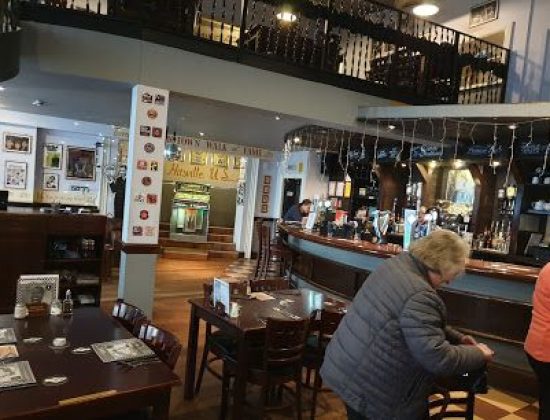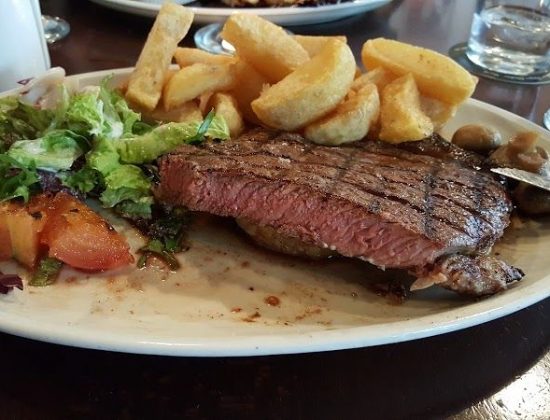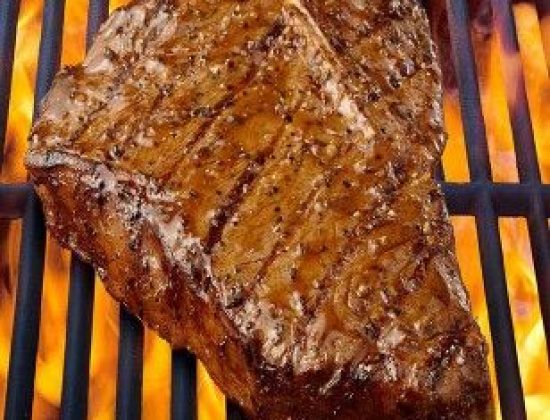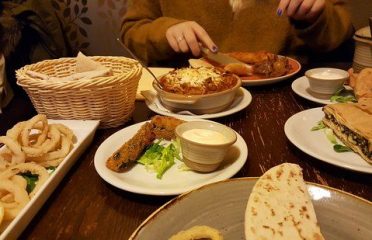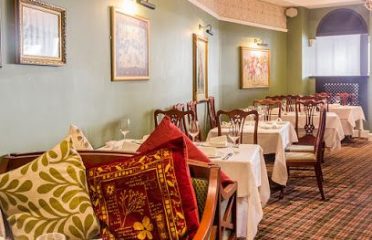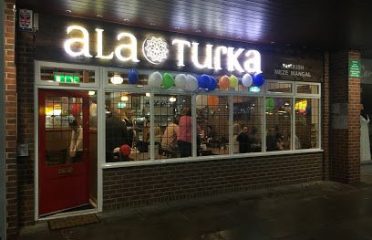Welcome to The Soulville Steakhouse, where every meal is a journey back to the vibrant spirit of the Motown era. Nestled in the heart of our community, we offer more than just a dining experience; we provide an atmosphere infused with nostalgia, complete with genuine Wurlitzer jukeboxes set to free play, allowing you to curate your own soundtrack while you savor our expertly crafted dishes. Our menu features a selection of prime steaks and fresh ingredients, all prepared on-site using our unique recipes, ensuring that every bite is a testament to quality and flavor.
At The Soulville Steakhouse, we pride ourselves on exceptional service and customer satisfaction. Our dedicated team of fully trained chefs is committed to delivering not only delicious meals but also an unforgettable dining experience. Whether you’re enjoying a casual dinner with friends or celebrating a special occasion, our inviting ambiance and attentive staff will make you feel right at home.
Join us for an evening where you can enjoy a well-stocked beer and wine list, paired perfectly with your favorite steak, all while soaking in the soulful melodies of yesteryear. Discover why The Soulville Steakhouse is not just a restaurant, but a cherished destination for those seeking great food, great music, and great memories. Come and create your own soulful story with us today!
Rate us and Write a Review
Note: Data fetched from Google is temporarily stored and can change on latest API request every month.


